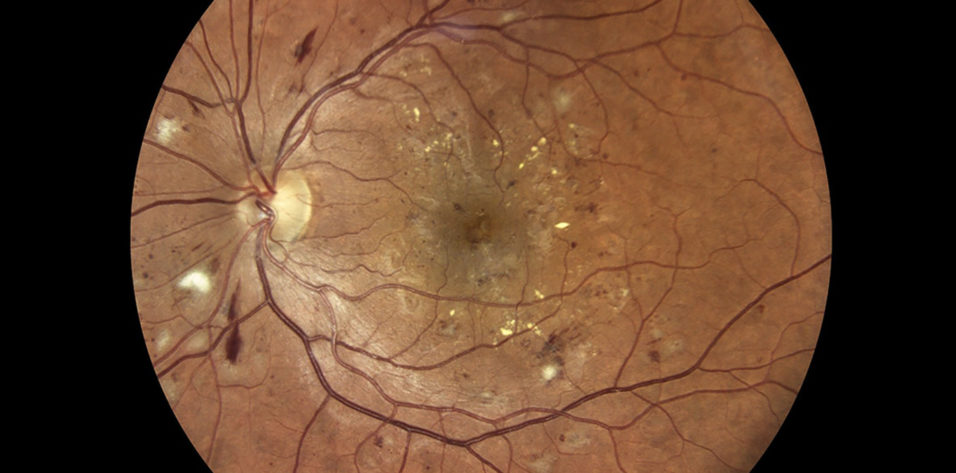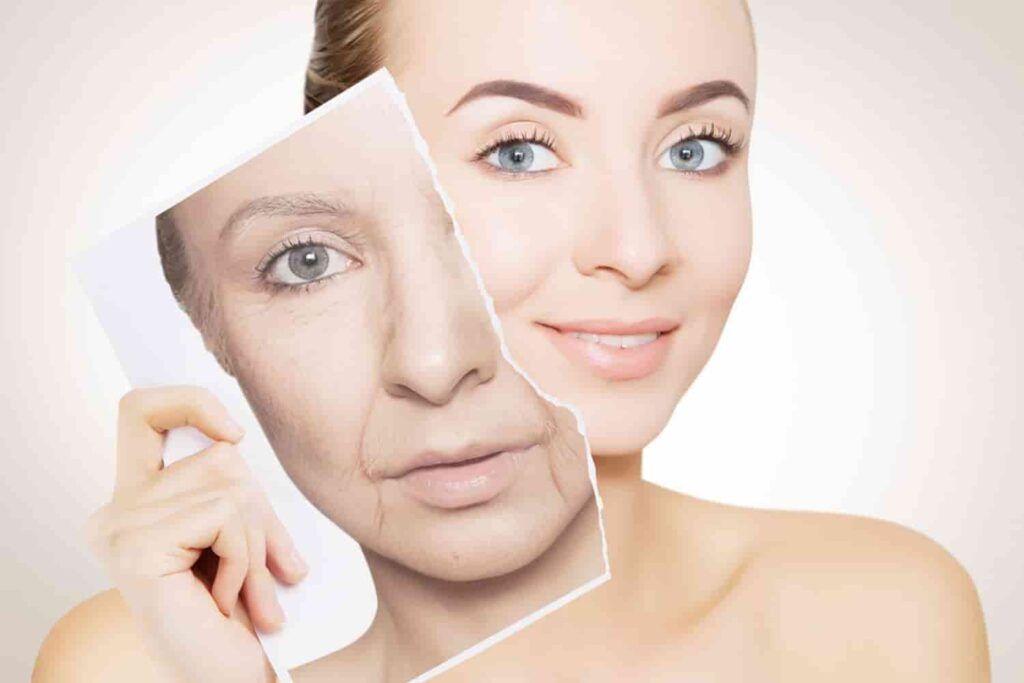Highlights :
- Klotho is an anti-aging hormone.
- Reduced level of Klotho is directly proportional to Diabetic Retinopathy.
- Experiments have been conducted in various labs to confirm that Klotho levels really do affect this diabetic eye disease.
Diabetic Retinopathy is a condition in which the blood vessels of one’s eyes are affected. It can even lead to vision loss later if left untreated. Retina receives light and helps the brain in visualizing. In the early stages of this diabetic eye disease, one won’t notice outward symptoms but it might cause mild vision issues. Early detection is the best way to provide significant results to affected patients. With time, Diabetic Retinopathy even leads to Diabetic Macular Edema (DME), retinal detachment, etc.
Although, as of now, the role of Klotho in this diabetic eye disease is unknown, in animal studies, Klotho has shown vascular protective effects. Recent data have suggested that low levels of circulating Klotho can predict an increased risk of progressing cardiovascular and renal disease. There is limited information on this topic, but it might be a lead. For people who have type 2 diabetes, low levels of Klotho are associated with an increased risk of Diabetic Retinopathy.
Also Read – Coconut Water – 5 Ways It Can Be Your Skin’s Best Friend
What Is Klotho Hormone?
Encoded by the KL gene, Klotho is an anti-aging hormone found in humans. It can exist in a membrane-enclosed form or a circulating form. Mutations in the Klotho protein family have been correlated to aging, bone density loss, and consumption of alcohol.
Klotho Levels
A relationship has been found between Klotho levels and Diabetic Retinopathy. Klotho is an anti-aging hormone that can help predict the progression of cardiovascular and retinal diseases.

According to research, reduced levels of circulating Klotho can lead to an increase in the risk of progression of this diabetic eye disease. Klotho can even act as a therapy for Diabetic Retinopathy.
New Therapeutic Target
Klotho is a promising hormone that can act as a remedy for this diabetic eye disease and its progression. Klotho therapy might become a real therapy to prevent and treat Diabetic Retinopathy and help prevent vision loss.
Also Read – Follow These Tested Tips To Alleviate Lower Back Pain
Uncovering The New Approach
The doctors conducted a study and selected 81 individuals with Type 2 diabetes. The participants’ Klotho levels were checked after 44 months. These samples were collected and stored, and later measured. 58% of the participants showed evidence of this diabetic eye disease.
Lower Levels Of Circulating Klotho
It was found that people with lower levels of circulating Klotho showed Diabetic Retinopathy progression. On the other hand, people with high levels of circulating Klotho showed no such signs. After analyzing the result, it was revealed that the reduced Diabetic Retinopathy progression was solely linked to increased circulating Klotho levels. It was finally concluded that the risk of retinopathy progression is 44% higher if the circulating Klotho levels come down to half.

Klotho therapy is a new ray of hope for reducing the progression of this diabetic eye disease. The doctors are working on making Klotho a primary method in the future to prevent and treat Retinopathy. It is yet to be fully developed, and it will take some time for it to be made available to the public. But this is good progress and we can hope for better prevention and cure soon.
For more such articles, visit Lifestyle.












